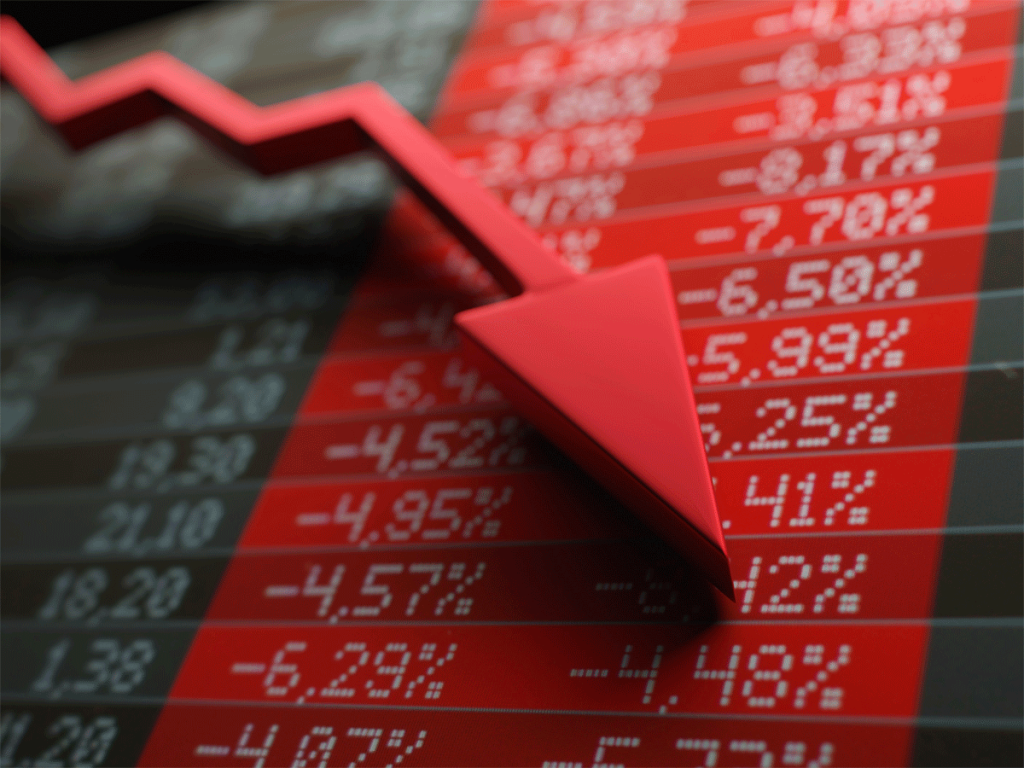
- Despite the stock market’s recent sell-off, sticking to your investment plan is still the best strategy.
- There’s evidence that the market may bounce soon in what is known as a relief rally.
- It’s important to remember that even though this year has been tough, the stock market always rebounds eventually.
The market has been tough this year.
Really tough.
Year-to-date, the S&P 500 is in correction territory, down over 12%, and the NASDAQ? Forget about it. It’s in a bear market, down over 20%. You don’t even want to know how much some of last year’s high-flyers are down. Let’s just say it’s a lot.
If your portfolio is a sea of red, your head may be spinning.
It will be Okay.
It may not be tomorrow, next month, or this year, but the stock market is a fantastic wealth generation machine, and over time, the dramatic sell-off we’re experiencing will simply be another data point on a chart.
Nothing more. Nothing less.
Don’t believe me? Look at the arrows in the following chart showing the historical prices of the S&P 500 ETF (SPY) since 2007. The Great Recession, quantitative tightening in 2018, and COVID in 2020 made for horrible markets, yet the market – eventually – marched higher.
Still need convincing? The S&P 500’s year-to-date return is the worst in 30 years. Yet, the S&P 500 is up over 870% since 1992. Sure, there were some gnarly moments in the early 90s, but you really have to squint to see them now.
Stay the course
Often, “I can’t take it anymore” moments shake investors out during brutal tapes. However, the regret experienced because of emotionally driven panic selling is palpable when stocks eventually recover.
The internal argument goes, “I couldn’t take it, so I sold it all. Now, the market’s rallying, but I don’t believe it. It won’t last. There’s too much wrong for stocks to move higher.”
I’ve heard this argument many times in my career. Eventually, the seller becomes the buyer again but only after missing the biggest move up.
Remember, the average return during the first year of a bull market is 38%. That’s significantly better than the 12% average return in the second year and the market’s 10% average annual return since 1926.
It’s not just missing the first year of the bull market, though. It can be costly if selling makes you miss even a few of the market’s best-performing days.





























